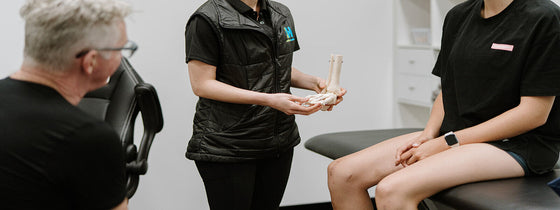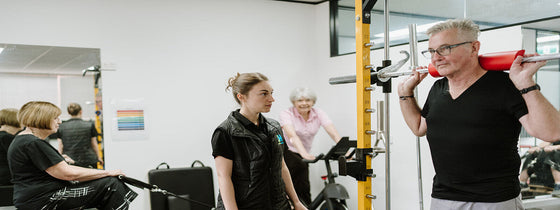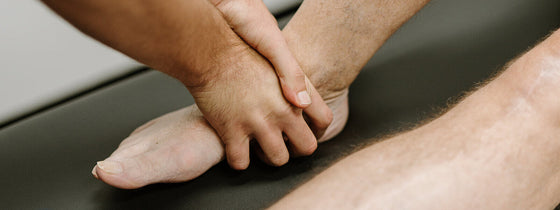There are so many things to consider while preparing for a triathlon race - ensuring that the countless hours of training have prepped your body to perform on the day, fueling your body with nutrients to support energy requirements, prioritising adequate amounts of sleep to promote rest and recovery. While these are essential components of training, preparation on the day of a race is just as important!!
It is commonly said that "perfect preparation prevents poor performance", and Physio Bec is here to help you get the most out of race day. Check out her top tips for getting ready to race effectively, to help you perform at your best, as well as some expert advice on taking care of your body and mind following the completion of the triathlon race.
Preparation on race day
Recovering after a race
Being prepared mentally and physically for race day can have positive implications for all athletes, regardless of the outcome. Making the most of your racing experience starts with training & preparation, and is enhanced through your actions to support both the body and mind on the day.
Our trained physiotherapists are here to collaborate with you during the racing season, so book an appointment with us to keep on top of your performance!

If you're experiencing back or neck pain with neurological signs and symptoms, a thorough neurological examination is crucial for accurate assessment and effective treatment. In this Optimal Tip learn more about what we mean by completing a neurological exam!

Squats, deadlifts, and calf raises are key movement patterns that should be part of every strength and conditioning program—regardless of age and activity level. These functional movements support joint health, improve posture and balance, and reduce the risk of injury while building strength where it matters most.

A ganglion cyst is a fluid-filled swelling that typically forms over a joint or tendon sheath, causing discomfort and pain, especially when pressing against nerves or joints. Proper assessment and treatment, including physiotherapy, are essential for managing symptoms and improving function in the presence of a ganglion in your hand, foot, or wrist.